
Memorable tech gifts for Father's Day
On Sunday, June 15, fathers across the world will be ripping off reams of wrapping paper in the hopes of finding a present that isn't a watch, a tie or a pair of socks.
This year, give dear old Dad something different -- to help you out, we've had a quick brainstorm and come up with a shortlist of a high-tech gift ideas we think he'll love.
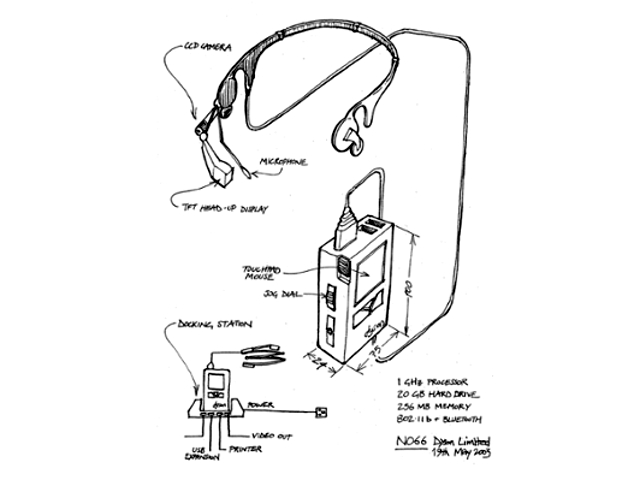
Dyson was testing Google Glass style specs a decade ago
Dyson is of course famous for its vacuum cleaners (along with hand driers and so forth), but the company has experimented with products in other fields -- including a tech effort which bears an uncanny resemblance to an admittedly much clunkier version of Google Glass.
It's not surprising that it's clunky by nature, though, given that Dyson was working on this concept some ten years ago.
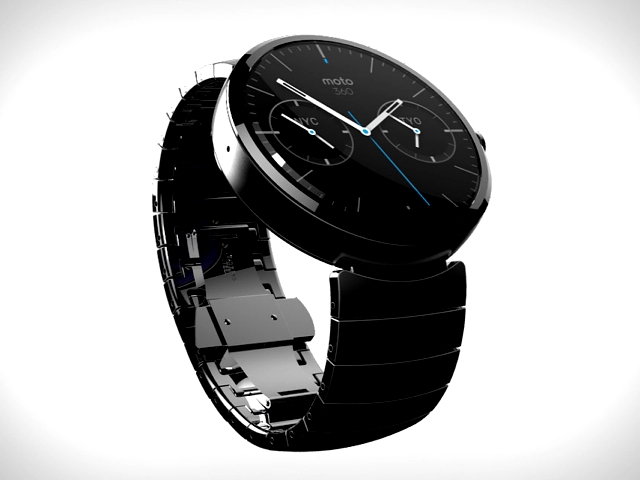
Moto 360 smartwatch set to retail at $249
Motorola has accidentally let slip the price of its Moto 360, and it's pretty much in line with what we were expecting.
Phone Arena spotted that the asking price of the smartwatch was spilled when the company posted about a competition it was running to allow folks the chance to win the Moto 360, and in the T&Cs blurb, the device was mentioned as having a retail value of $249 (£148).
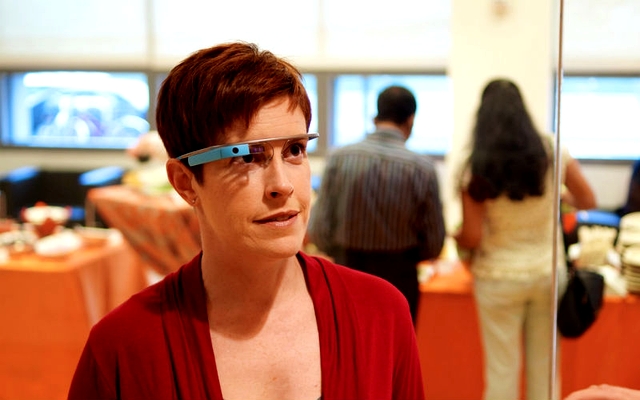
Could Google Glass be bad for your eyes?
The latest controversy surrounding Google Glass is the fact that the device is reportedly causing eye strain and headaches.
There have been a number of reports of problems on Twitter, and BetaBeat detailed their own experiences of two writers who had sharp pains after ten minutes of Glass usage -- pains that disappeared after taking the device off.
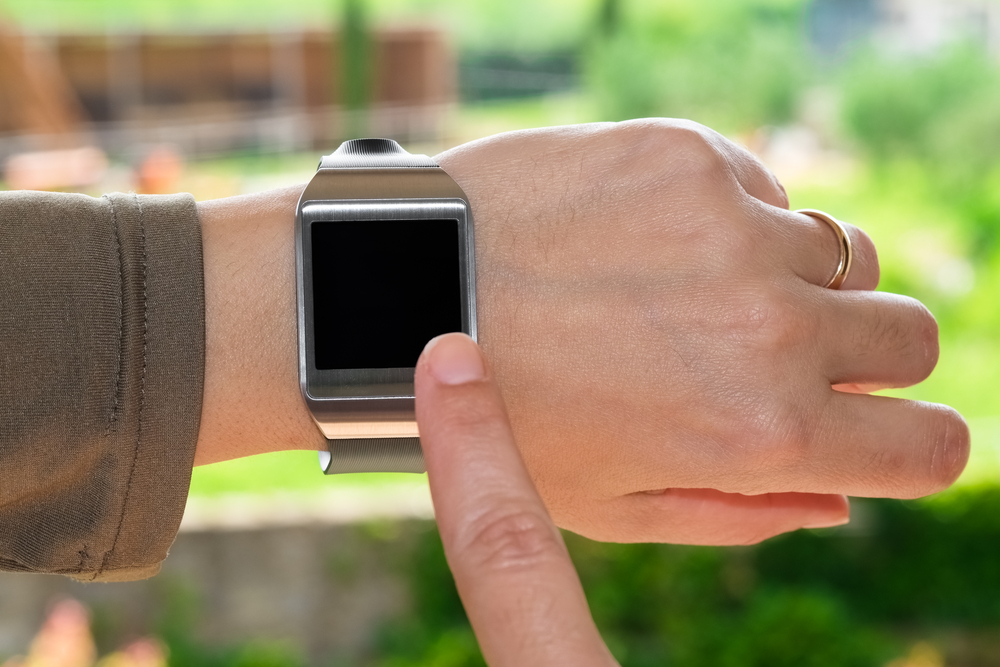
Fitbit ships the most wearable 'bands', tops Pebble and Samsung
While wearables have yet to reach the popularity of smartphones or even tablets, shipments of bands reached an encouraging 2.7 million units in the first quarter of the year, according to a new report from analyst firm Canalys. The leader of the pack is Fitbit, with a dominating share of "nearly" 50 percent.
"Fitbit continued to ship most of the units in the basic band segment, despite the allergy-related recall of the Fitbit Force", says Canalys. The recall affected roughly one million units. "The issue was handled well and did not dramatically slow the company’s sales momentum", adds the firm. Fitbit outdid rivals like Pebble and Samsung, the last of which dominates the growing smartwatch landscape with the popular Galaxy Gear.
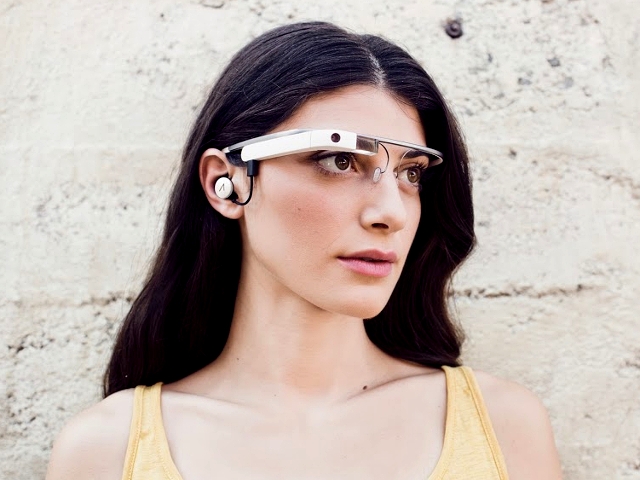
Google Glass now on sale in the US
Google Glass has gone on widespread sale over in the States again, although only richer gadget fans will want to get a piece of the action, as the device is still priced at $1,500 which represents quite a premium.
In mid-April, Google made Glass available to anyone, but just for a one day sale -- and by all accounts units sold out swiftly.
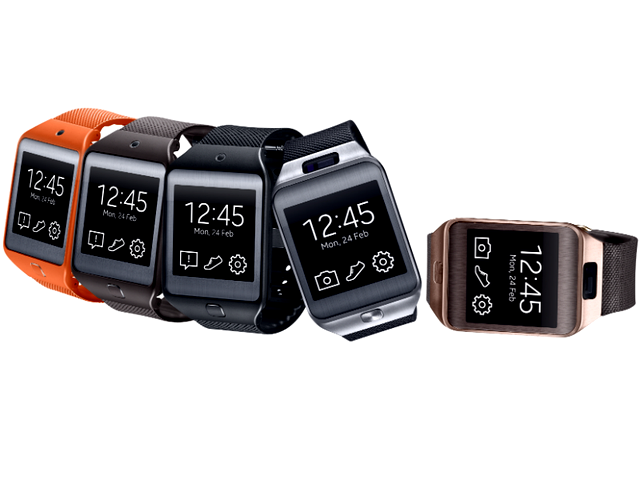
Samsung's 'Gear Solo' smartwatch could let you make calls without a smartphone
Samsung could put a SIM card inside its next smartwatch so that customers without a Galaxy smartphone are able to step aboard the company’s burgeoning wearables bandwagon.
Not content with its current smartwatch offering, the Gear Solo will offer owners the chance to have a device that has its own SIM card slot and allows it to connect to a mobile network without the need for a smartphone connection.
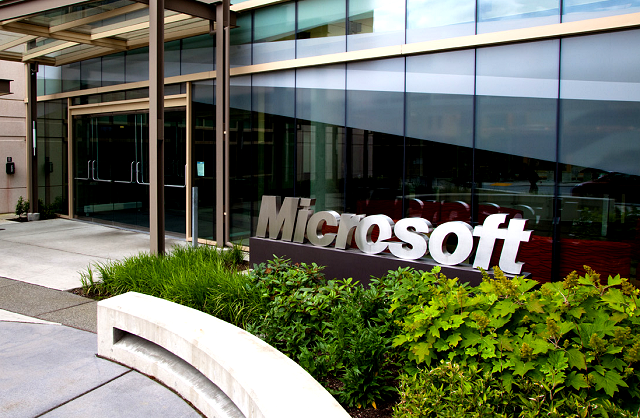
Microsoft working on a smartwatch according to new patent
Apple's iWatch is becoming more strongly rumored as the months pass, but Microsoft could also enter the smartwatch arena -- we've previously heard plenty of speculation on this front, and now a patent for such a watch has been spotted.
The watch has fitness and health capabilities -- heart rate monitoring and all the usual gubbins such as calories burned -- and there's a twist to the design whereby the watch body can be detached from the strap, and then used with other hardware. For example, it could be docked with other fitness-related devices to share data.
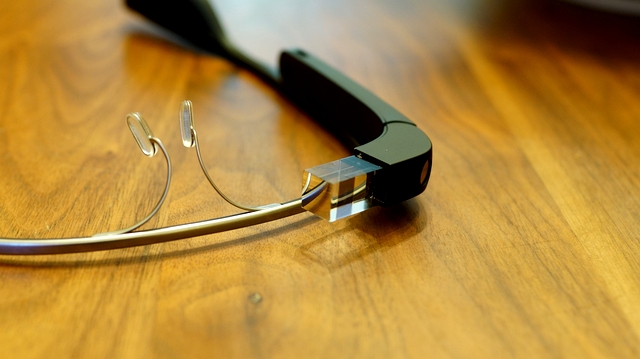
Productivity in the workplace could get a boost from wearable technology
Rackspace has revealed the results of research into how wearables will fit into the workplace, and what impact these devices will have -- and the news is largely positive.
The Human Cloud at Work study, headed up by Dr Chris Brauer of the Institute of Management Studies from Goldsmiths, University of London, found that productivity was boosted by 8.5 percent through the use of wearable devices. That data was determined by evaluation over a month long period, against a control group which saw no increase in productivity levels.
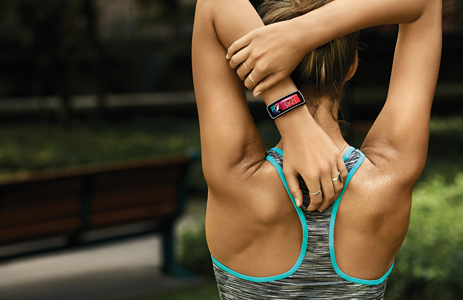
Amazon launches new Wearable Technology store
Wearable technology has yet to really make an impact, but its time is coming. There are more and more products being released by many of the world's top tech firms, and shows focusing on wearables are popping up across the globe.
Amazon today joins in the wearables craze by launching a one-stop shop where customers can find and buy the latest in wearable technology, including activity trackers, smart watches, and wearable cameras. There are products on offer from the likes of Samsung, Jawbone, GoPro, Basis, and Misfit.
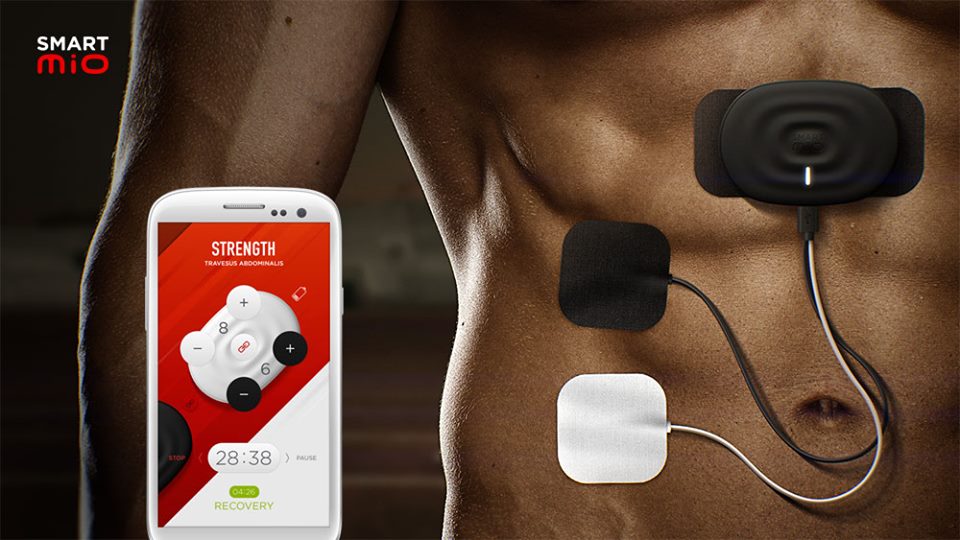
SmartMio Q&A: Electronic muscle stimulation in the wearables era
Wearables make up for an exciting market which offers huge opportunities for innovation and turning otherwise bland devices into modern gadgets. We have smartwatches which augment smartphones, activity trackers which monitor our sleeping habits and physical activity, and glasses which let us take photos and receive navigation directions at the blink of an eye.
Part of the wearable wave are also electronic muscle stimulators, like SmartMio. It works like a traditional EMS, but instead of controlling it manually through physical toggles and buttons, users have a much more powerful mobile app at their disposal. I chatted with the CEO of the company behind SmartMio, Alex Pisarev, to learn more about its wearable strategy and future plans, how the device works and what benefits users have.

Fitbit Force recall affects 'about' 1M units
Activity trackers, also known as fitness bands, are popular wearable devices that are designed, among other purposes, to give users insights into their sleeping habits, the option to track the time and distance they walk and the number of steps they make. In the case of the Fitbit Force, however, activity trackers are also giving users rashes.
Fitbit has officially revealed 1.7 percent of Force users have reported skin irritations, which has led the company to announce a voluntary recall and issue a public apology. In two filings, with the US Consumer Product Safety Commission and the Healthy Canadians agency, the wearables company reveals the extent of the recall -- roughly one million units in US and "about" 28,000 north of the border, in Canada, sold between October 2013 and February 2014.

Fitbit users getting rashes -- company issues recall
Health and technology is not a new relationship. For years, exercise equipment such as an elliptical or stationary bike has been fitted with computers to track progress and heart-rate. Hell, many medical discoveries were made in space thanks to NASA. However, having dongles communicate with a smartphone is still a relatively new market. The existence of this market underscores people's increasing interest in positive health and well-being.
Ironically, one such device aimed at positive health is causing a negative -- a rash (yuck!). Yes, the Fitbit Force, a device worn on the wrist, is causing some users to get a nasty rash. As a result, the company announces it's issuing a recall.

Wearables in the enterprise, the software development dilemma
Google Glass is about to end its prototype phase, yet popular opinion and the device’s app ecosystem are struggling.
This coming spring will see widespread consumer access to the much-hyped wearable computer, which will hopefully lead to an increase of intuitive apps. Analysts have stated that such technology will have trouble in the consumer space due to the lack of selection at the moment. Surprisingly, counter to the common progression of technology from consumers to the enterprise, wearable technology will potentially be more successful as a business tool than a consumer gadget.

Google's Motorola sale is more about Nest than Samsung
Like lots of other people, overnight I pondered Google's surprise sale of Motorola to Lenovo. The timing sure seems odd. Conspiracy theories abound. Among tech bloggers, Samsung ranks as top reason, given the timing, just days after the American and South Korean companies cut a lofty cross-patent deal that also turns way down the extent of Android customization. Certainly the latter agreement is important to Google, for reasons I laid out two years ago in post "Google has lost control of Android".
Some conspiracy theorists contend that Google always planned to sell Motorola and rebuilt the brand only to gain leverage against Samsung, which arguably exercises more direct influence over Android than does Google -- at least from a user experience perspective. But I disagree. The Motorola unloading is a lot more about the search and information giant's acquisition of Nest than anything Samsung does. My reasoning follows.
